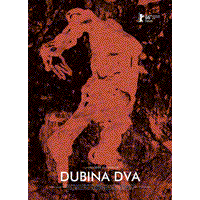
 During April 2016, the “Depth Two” Documentary by Ognjen Glavonić will be screened in Niš, Čačak and Priština/Prishtine.
During April 2016, the “Depth Two” Documentary by Ognjen Glavonić will be screened in Niš, Čačak and Priština/Prishtine.
The screening in Niš will be organized in the Niš Cultural Centre on April 14th at 19:00. After the screening, a discussion will be held with the director of the film Ognjen Glavonić, the film crew, and the director and screenwriter, Stevan Filipović, and the moderator of the discussion will be the editor of the Film and Video Programme of the Niš Cultural Centre, Dejan Dabić.
The screening in Čačak will be organized at the Nadedžda Petrović Art Gallery on April 18th at 20:00, and it will be followed by a discussion with the visitors.
The film will be premièred in Kosovo on April 16th at the Oda Theatre in Priština/Prishtine ar 20:00. A discussion with the film director Ognjen Glavonić, film producer and Humanitarian Law Center’s executive director Sandra Orlović, theater director Bekim Lumi and director of the Artpolis Zana Hoxha Krasniqi, will follow. The moderator of the discussion will be the Dokufest artistic director Veton Nurkollari.
“Depth Two” is a documentary which tries to present the events in which a great number of people, Albanian civilians, were killed 17 years ago, and whose bodies were then concealed for a long time from the public and from victims’ families, with a combination of testimonies and footages made at the scene of the crimes.
“Depth Two” was produced by Non-Aligned Films and the Humanitarian Law Center. It was premiered at the 66th Berlin Film Festival held in February 2016.
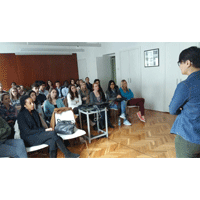
 Saturday, April 9th, 2016 – Thirty students attending a Master Programme at the Geneva International Academy of Humanitarian Law and Human Rights visited the Humanitarian Law Center as part of their study trip to Serbia and Bosnia and Herzegovina.
Saturday, April 9th, 2016 – Thirty students attending a Master Programme at the Geneva International Academy of Humanitarian Law and Human Rights visited the Humanitarian Law Center as part of their study trip to Serbia and Bosnia and Herzegovina. 






 During April 2016, the “Depth Two” Documentary by Ognjen Glavonić will be screened in Niš, Čačak and Priština/Prishtine.
During April 2016, the “Depth Two” Documentary by Ognjen Glavonić will be screened in Niš, Čačak and Priština/Prishtine. 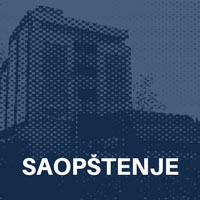
 The First Basic Court in Belgrade delivered the
The First Basic Court in Belgrade delivered the 

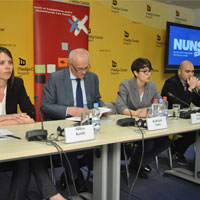
 On April 5th, 2016, the Humanitarian Law Center (HLC) presented its report “
On April 5th, 2016, the Humanitarian Law Center (HLC) presented its report “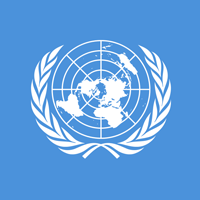

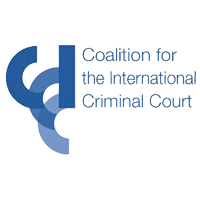


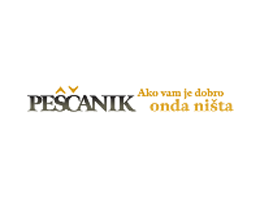
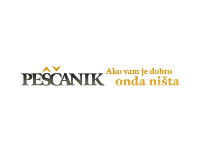
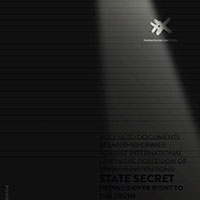
 Open access to archives which contain documents that can assist in determining the facts about past human rights violations is a key prerequisite for the establishment of transitional justice processes and mechanisms. In societies like the Serbian, which have experienced periods marked by systematic violence, access to information regarding human rights violations is an essential element of the right of victims and society as a whole to know the truth.
Open access to archives which contain documents that can assist in determining the facts about past human rights violations is a key prerequisite for the establishment of transitional justice processes and mechanisms. In societies like the Serbian, which have experienced periods marked by systematic violence, access to information regarding human rights violations is an essential element of the right of victims and society as a whole to know the truth. 